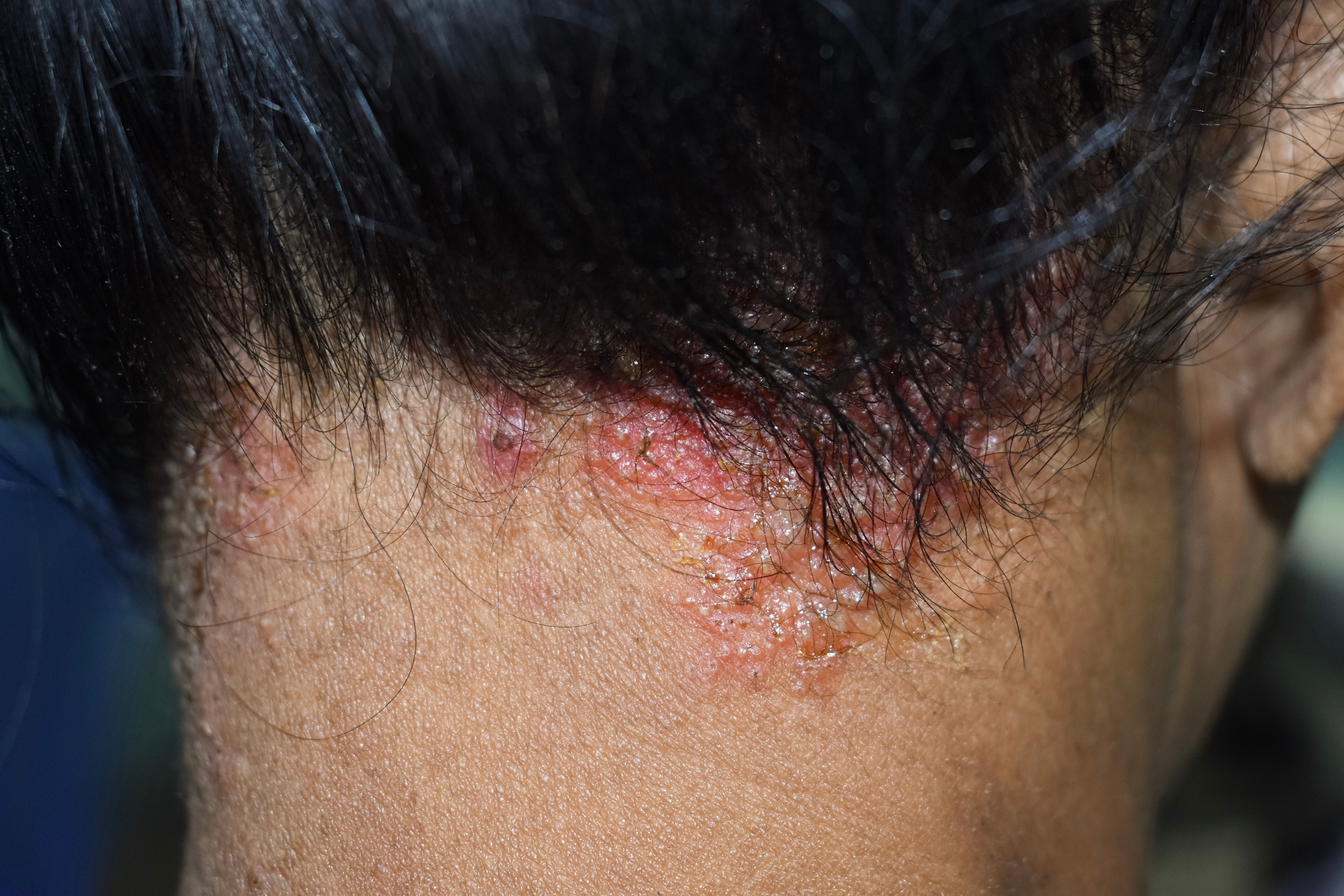- General Dermatology
- Eczema
- Alopecia
- Aesthetics
- Vitiligo
- COVID-19
- Actinic Keratosis
- Precision Medicine and Biologics
- Rare Disease
- Wound Care
- Rosacea
- Psoriasis
- Psoriatic Arthritis
- Atopic Dermatitis
- Melasma
- NP and PA
- Skin Cancer
- Hidradenitis Suppurativa
- Drug Watch
- Pigmentary Disorders
- Acne
- Pediatric Dermatology
- Practice Management
Study Reveals HCPs Underestimate Burden of Disease Associated With Seborrheic Dermatitis
The study was presented in a poster at the 2023 SDPA Fall Conference in Nashville, TN.
ZayNyi/Adobe Stock

Despite patients with seborrheic dermatitis describing the condition’s severe implications on their overall well-being and quality of life, health care providers underestimated patient-reported disease severity and quality of life impacts, according to a poster presented at the 2023 Society of Dermatology Physician Assistants Fall Conference in Nashville, TN.1
To gain insights into the experiences and attitudes of individuals living with seborrheic dermatitis and the health care providers who treat them, study authors Chovatiya et al conducted an online survey from December 2021 through January 2022. The patient survey involved US adults diagnosed with seborrheic dermatitis by health care providers.
Results were weighted for various demographic variables, including age, gender, education, race, ethnicity, region, income, household size, and marital status. The survey also incorporated a propensity score variable to account for respondents' propensity to be online.
The health care provider survey included dermatologists, nurse practitioners, and physician assistants specializing in dermatology who saw at least 1 patient with seborrheic dermatitis per week. Data from dermatologists were weighted for years in practice, gender, and region to align with actual proportions in the population.
The survey included 300 patients and 601 healthcare providers. Patients reported living with seborrheic dermatitis for an average of 3.6 years. Most patients described their seborrheic dermatitis as moderate to severe, and 71% reported their symptoms as moderately severe.
Despite patients' self-reported experiences, health care providers underestimated the severity and impact of seborrheic dermatitis on their patients. Patients reported that seborrheic dermatitis negatively impacted various aspects of their lives, including physical appearance, hygiene routine, clothing choices, and sleep.
It also affected their self-esteem and mental health, leading to anxiety and depression. Furthermore, seborrheic dermatitis impaired their ability to perform well at work, with nearly half of the patients having missed work due to symptoms.
"Patients’ social life and personal relationships suffer due to seborrheic dermatitis and most patients said others do not understand the negative impact of seborrheic dermatitis on their life," wrote study authors. "These insights highlight the immense patient burden associated with seborrheic dermatitis, impacting patients’ emotional, social, and work lives."
Reference
- Chovatiya R, Aldredge L, Heath C, et al. Patient and healthcare provider perspectives on the disease burden of seborrheic dermatitis in the United States: results from a national survey.Poster presented at the 2023 Society of Dermatology Physician Assistants Fall Conference, October 26-29; Nashville, TN.
